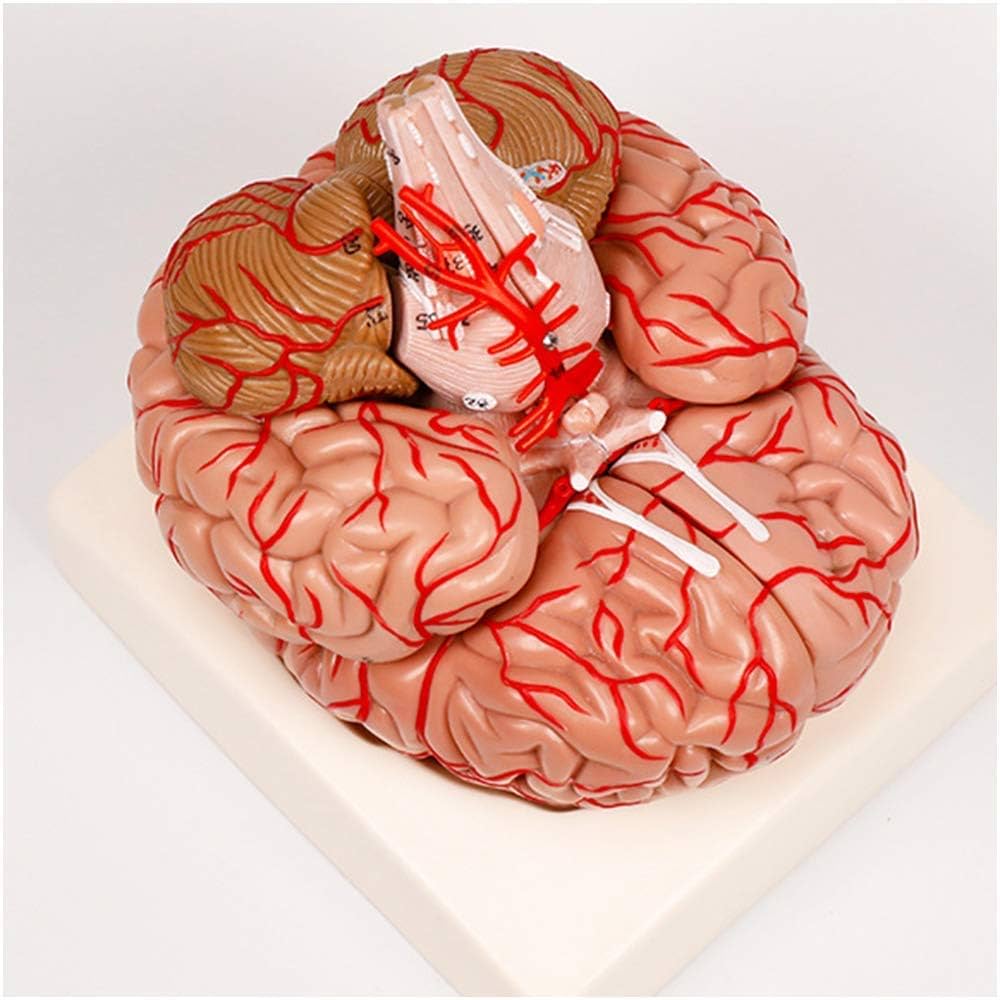Introduction to Dizziness and Brain Fog
Dizziness and brain fog are common symptoms that many people experience. These sensations often affect daily life. Understanding these conditions is crucial for effective management. This blog aims to explore the causes and provide practical solutions for dizziness and brain fog.
Both dizziness and brain fog can lead to significant discomfort. Dizziness often feels like a spinning sensation or imbalance. On the other hand, brain fog manifests as confusion and lack of focus. These symptoms can occur together, complicating diagnosis and treatment. Numerous factors contribute to these feelings. They can range from lifestyle habits to underlying medical conditions. Addressing these issues promptly can lead to better overall health. People experiencing these symptoms should seek to understand their origins. Knowledge empowers individuals to take control of their health.
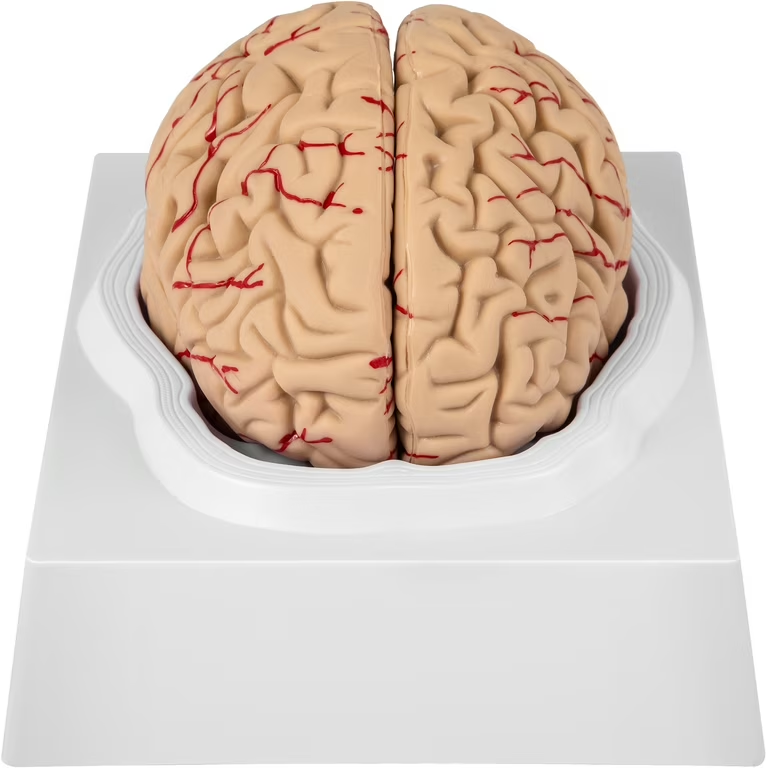
Common Causes of Dizziness
Dizziness can arise from various sources. One prevalent cause is dehydration. When the body lacks adequate fluids, it can lead to low blood volume. This deficiency often results in dizziness. Additionally, standing up too quickly can trigger these sensations. This phenomenon is known as orthostatic hypotension. Blood pressure drops suddenly when changing positions, leading to imbalance.
Another common cause is inner ear issues. The inner ear contains structures vital for balance. Conditions like Meniere’s disease can disrupt these functions. Inner ear infections can also lead to dizziness. These infections create a sensation of movement in a stationary position.
Migraines represent another source of dizziness. These severe headaches can cause vestibular symptoms. People often feel a spinning sensation before or during a migraine attack. Conditions such as anemia can also contribute to dizziness. A deficiency in red blood cells reduces oxygen supply to the brain. Consequently, this results in feelings of dizziness.
Overall, understanding these causes is essential for effective treatment. Identifying the root cause can make the management of dizziness more efficient. This, in turn, leads to a better quality of life.
Brain Fog: What It Is and What Causes It
Brain fog is a term often used to describe cognitive dysfunction. Individuals may experience confusion, forgetfulness, and lack of focus. Numerous factors contribute to this state of mind. Stress is one of the most common culprits. Chronic stress negatively impacts cognitive functions. It can lead to anxiety, which further exacerbates the feeling of fogginess.
Sleep deprivation is another significant cause of brain fog. Lack of restorative sleep affects cognitive abilities. Daily tasks can become increasingly challenging without sufficient rest. Additionally, poor diet plays a crucial role. A diet lacking essential nutrients can impair brain function. High sugar and carbohydrate intake can lead to energy crashes. These fluctuations create feelings of mental fatigue.
Medical conditions can also cause brain fog. Conditions such as thyroid disorders can significantly impact cognitive health. Furthermore, chronic fatigue syndrome often manifests through symptoms of brain fog. Hormonal changes, particularly in women, can lead to cognitive instability.
Recognizing these causes can assist in dealing with brain fog effectively. Identifying the triggers allows for proactive management. Making lifestyle changes can relieve symptoms. Encouraging a healthy diet and sufficient sleep can enhance cognitive clarity.
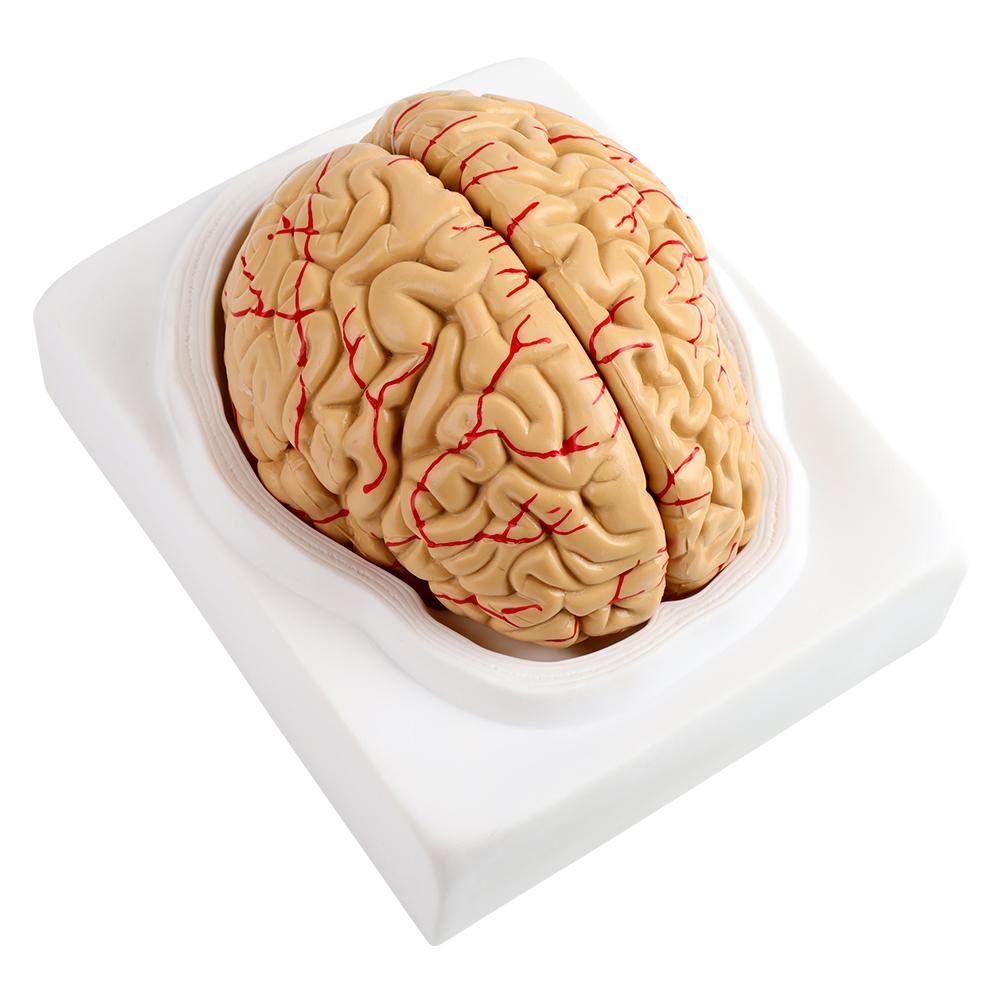
The Connection Between Dizziness and Brain Fog
Understanding the connection between dizziness and brain fog is vital. Both symptoms often occur simultaneously. This can complicate diagnosis and treatment. A shared cause can be the body’s stress response. When under stress, both physical and mental symptoms can arise.
Moreover, both conditions can stem from dehydration and poor nutrition. Inadequate fluid intake may lead to dizziness and cognitive difficulties. Additionally, certain medications can cause both symptoms as side effects. It is essential to consult healthcare providers regarding these potential issues.
Furthermore, anxiety and depression may also link the two sensations. These mental health issues can lead to physical symptoms. Seeking mental health support can improve overall well-being. Addressing these conditions reduces the experience of dizziness and brain fog.
Recognizing shared triggers can aid in comprehensive treatment strategies. By addressing both symptoms simultaneously, individuals can achieve better health outcomes. Integrated approaches can lead to significant improvements in quality of life. This knowledge encourages proactive health management and better symptom control.
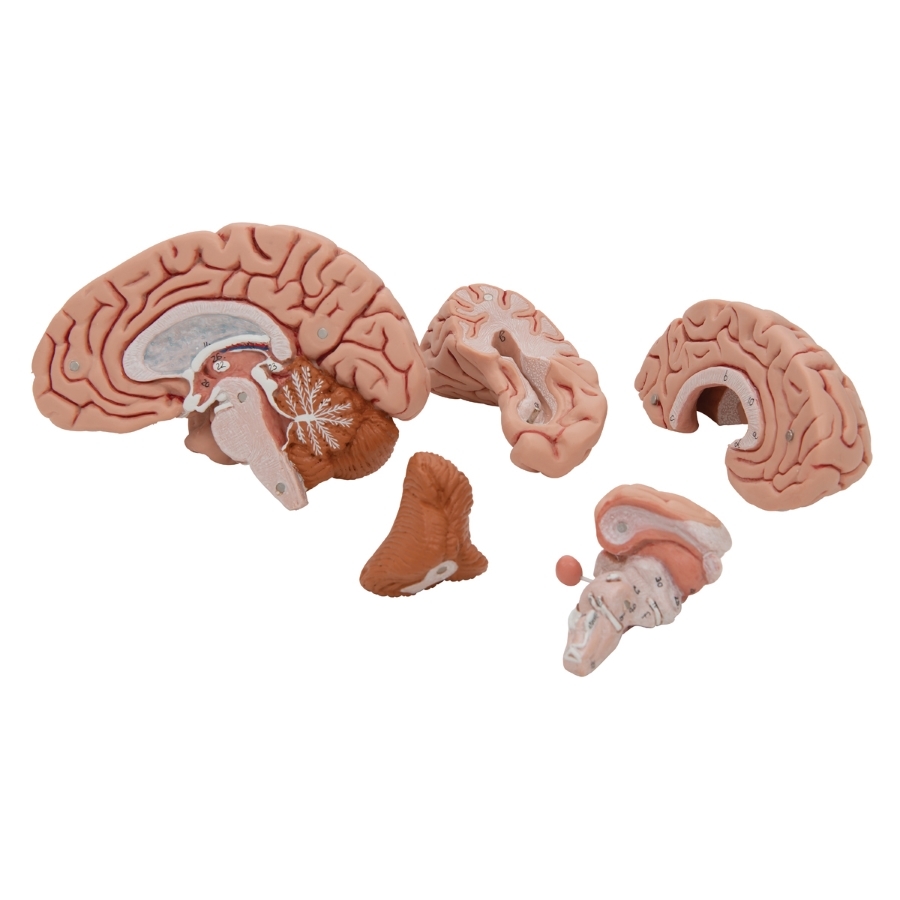
Lifestyle Changes to Combat Dizziness
Implementing lifestyle changes can significantly alleviate dizziness. First, ensuring proper hydration is crucial. Drinking enough water daily can prevent dehydration-related symptoms. Individuals should aim to consume adequate fluids throughout the day.
Additionally, maintaining a balanced diet is essential. Nutrient-rich meals help the body function optimally. Including fruits, vegetables, whole grains, and lean proteins promotes overall health. Limiting sugar and processed foods can also prevent energy crashes.
Exercise plays a significant role in managing dizziness. Regular physical activity enhances blood circulation. This improvement can reduce dizziness frequency and intensity. Additionally, incorporating balance exercises strengthens stabilizing muscles. Activities such as yoga and tai chi promote both physical and mental well-being.
Sleep also cannot be overlooked. Prioritizing quality sleep supports cognitive functions. Establishing a regular sleep schedule encourages restorative rest. Creating a calming bedtime routine can enhance sleep quality.
Lastly, reducing alcohol and caffeine intake may help. These substances can dehydrate and affect balance. Moderation is key to maintaining optimal bodily functions.
By making these lifestyle changes, individuals can experience a reduction in dizziness. Implementing a healthy routine significantly enhances overall quality of life.
Practical Tips for Managing Brain Fog
Managing brain fog requires practical strategies. Establishing a consistent routine is beneficial. Having a set schedule helps the brain navigate daily tasks. This consistency can alleviate some cognitive load.
Additionally, taking regular breaks during tasks enhances focus. Step away from work periodically to recharge mentally. Short breaks improve concentration and overall productivity. Engaging in brief walks or stretching can also refresh the mind.
Mindfulness practices can significantly improve mental clarity. Techniques such as meditation and deep breathing reduce stress. These practices create mental space, aiding cognitive function. Individuals should consider incorporating mindfulness into their daily lives.
Staying organized can also combat brain fog. Utilizing lists, calendars, and reminders prevents overwhelm. Keeping a tidy workspace fosters an environment conducive to productivity. Reducing clutter can enhance focus and reduce distractions.
Furthermore, limiting multitasking can benefit cognitive function. Focusing on one task at a time improves retention and understanding. It ensures a better quality outcome for each individual task.
Finally, seeking medical guidance when necessary is crucial. If brain fog persists despite lifestyle changes, professional assistance may be required. Medical professionals can provide insights and recommend treatments based on individual needs.
Implementing these practical strategies can mitigate the effects of brain fog. These approaches encourage better cognitive clarity and enhance daily functioning.
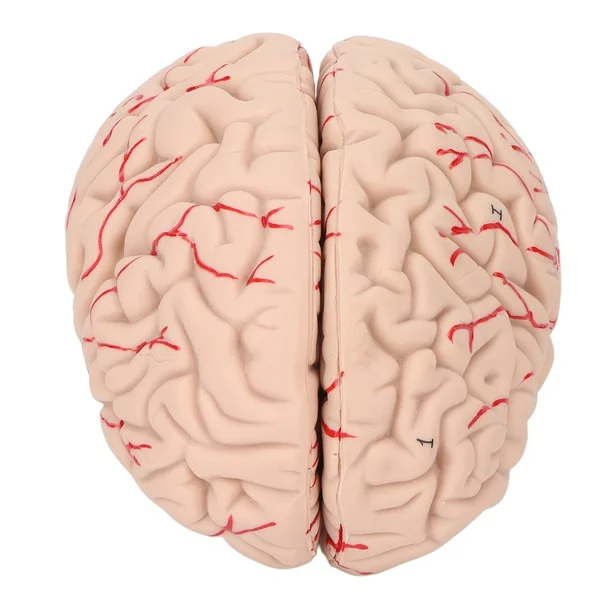
When to Seek Professional Help
Recognizing when to seek professional help is vital. If dizziness and brain fog persist, consulting healthcare professionals is essential. Persistent symptoms may signify underlying health issues. Identifying these issues early can lead to better outcomes.
Additionally, if dizziness occurs frequently, it may indicate a medical condition. Conditions like vestibular disorders or migraines require professional evaluation. Appropriate treatment can mitigate symptoms more effectively.
Brain fog that interferes with daily life warrants medical attention. If cognitive difficulties worsen or change over time, assessment is necessary. Keeping track of symptoms can assist healthcare providers in diagnosis.
Moreover, individuals experiencing associated symptoms should seek help. Symptoms such as severe headaches, vision changes, or hearing loss require immediate attention. Following up on these symptoms can lead to timely interventions.
Furthermore, mental health professionals can provide support for cognitive symptoms. Conditions such as anxiety and depression can exacerbate dizziness and brain fog. Therapy can equip individuals with coping strategies for managing these issues.
Ultimately, recognizing when to seek help ensures appropriate support. It is essential to prioritize health and well-being. Taking proactive steps can lead to better management and an improved quality of life.
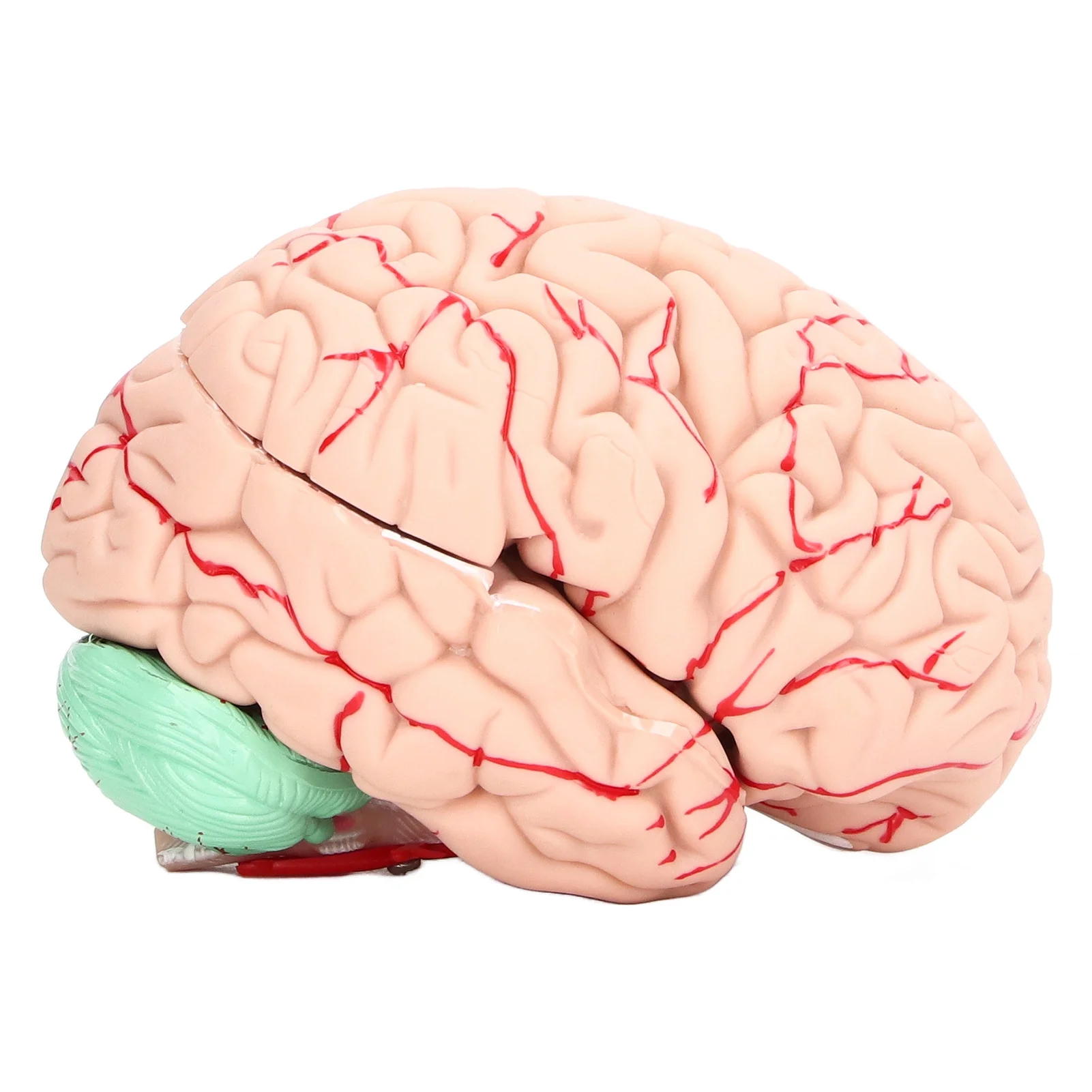
Conclusion: Finding Balance
Finding balance in life is crucial for managing dizziness and brain fog. Awareness of symptoms and their triggers is essential. Maintaining a healthy lifestyle promotes physical and mental clarity. Proper hydration, nutrition, exercise, and sleep work synergistically.
In addition, integrating stress management techniques enhances overall well-being. Mindfulness practices and organized routines provide structure. Taking proactive steps can significantly reduce symptoms over time.
It is also important to communicate with healthcare providers. Addressing symptoms and discussing potential treatments can lead to better management. Integrated approaches may improve quality of life significantly.
Recognizing the connection between dizziness and brain fog enhances understanding. Shared causes allow for comprehensive management strategies. Dealing with both symptoms together ensures more effective treatment.
Finally, prioritize mental and physical health through self-care regimes. Regularly assessing well-being is vital. By being proactive, individuals can reclaim their lives from dizziness and brain fog. Ultimately, the journey to wellness requires patience and commitment.
This comprehensive understanding can empower individuals to take charge of their health. Dizziness and brain fog, while challenging, can be managed with appropriate strategies and resources. Ultimately, the goal is to maintain clarity, balance, and well-being in daily life.
